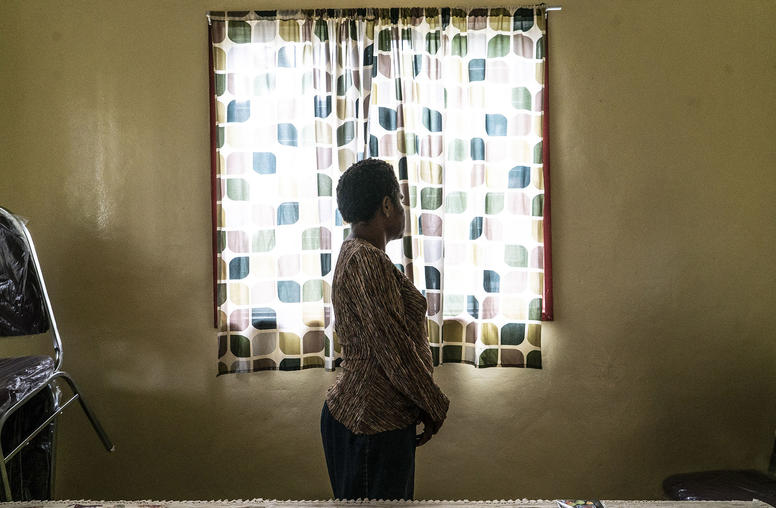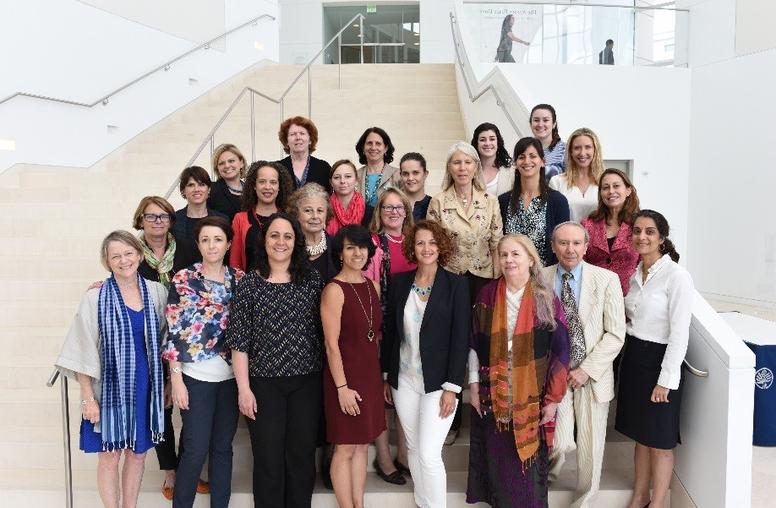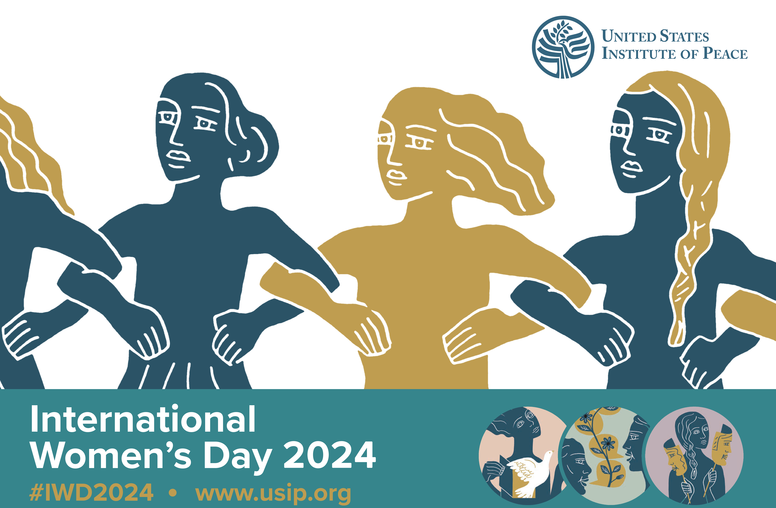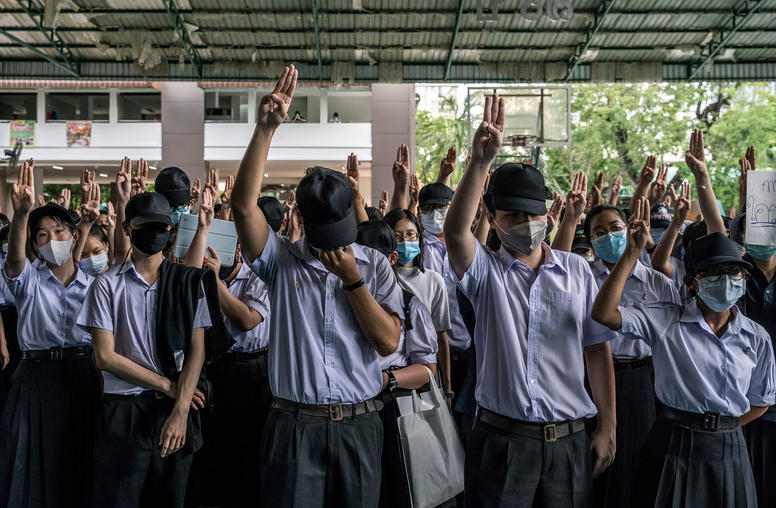 Gender
Gender
USIP's Work on Gender
Violent conflict and extremism have different impacts on men and women, and understanding those distinctive effects is critical for designing effective peacebuilding approaches and ensuring greater gender equality and protection for women and girls. Over the past two decades, international organizations and the U.S. government have increasingly recognized the importance of gender equality in creating enduring, peaceful societies. The U.S. Institute of Peace advances scholarship, carries out programs on the ground, and informs policy on women, peace and security. USIP works with academics, the military, peacekeepers, diplomats and practitioners to advance women’s participation in decision-making, promote peaceful concepts of masculinity and prevent sexual violence in conflict.
Learn more in our fact sheet on USIP's Work on Gender.
Featured Publications

Addressing Gendered Violence in Papua New Guinea: Opportunities and Options
Each year, more than 1.5 million women and girls in Papua New Guinea experience gender-based violence tied to intercommunal conflict, political intimidation, domestic abuse, and other causes. It is, according to a 2023 Human Rights Watch report, “one of the most dangerous places to be a woman or girl.” Bleak as this may seem, it is not hopeless. USIP’s new report identifies several promising approaches for peacebuilding programming to reduce gender-based violence and effect meaningful and lasting change in Papua New Guinea.

The Challenges Facing Afghans with Disabilities
In Afghanistan, obtaining accurate data on the number of persons with disabilities — including gender-disaggregated information — has always been a challenging endeavor. But based on the data we do have, it’s clear that more than four decades of violent conflict have left a considerable portion of the Afghan population grappling with various forms of disabilities, both war-related and otherwise. And the pervasive lack of protective mechanisms, social awareness and empathy surrounding disability continue to pose formidable challenges for individuals with disabilities, with women being disproportionately affected.

Kathleen Kuehnast on a Survivor-Centric Path to Ending Sexual Violence in War
Conflict-related sexual violence “not just violates the physical, but the mental and social integrity of societies.” To address this crime, USIP’s Kathleen Kuehnast says we need a survivor-centered approach: “Survivors are experts, they need to be [present] at every part of our understanding and … policy-shaping.”
Current Projects

U.S. Civil Society Working Group on Women, Peace & Security (U.S. CSWG)
The U.S. Civil Society Working Group on Women, Peace, and Security (U.S. CSWG) is a non-partisan network of civil society organizations with expertise on the impacts of women in war and their participation in peacebuilding. Established in 2010, the working group is an engaged coalition to promote the effective implementation of the U.S. National Action Plan on Women, Peace and Security.

International Women's Day
Celebrated annually on March 8, International Women’s Day engages citizens from all corners of the globe to recognize how far women have come in society—and how much more needs to be done.

Youth and LGBTQ+ in Nonviolent Action: The WiRe+ Data Set
Over the past two years, and in collaboration with Dr. Erica Chenoweth and Dr. Zoe Marks of Harvard University, USIP has been collecting cross-national data on the frequency and extent of youth and LGBTQ+ frontline participation in major nonviolent action campaigns from 1990-2020. The resulting data set helps to illuminate both the causes and the consequences of youth and LGBTQ+ participation in social movements — with implications for activists, policymakers and academics looking to better support nonviolent action campaigns.